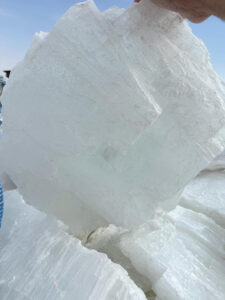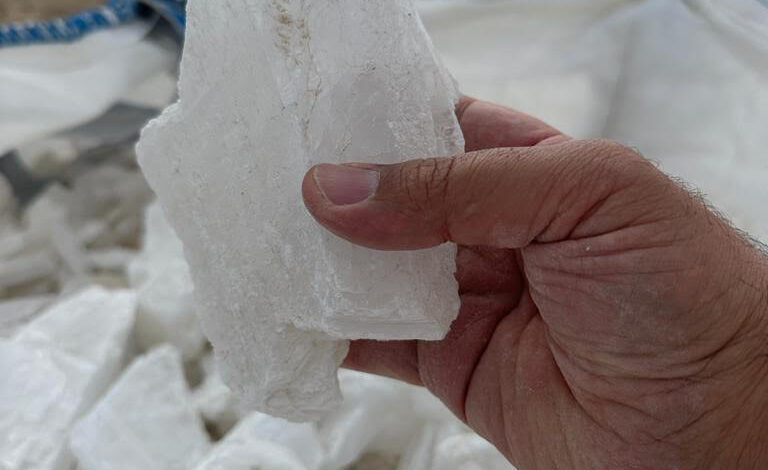Complete Market Overview
Gypsum is a versatile mineral widely used in construction, agriculture, and industrial applications. Its properties, including fire resistance, moisture control, and soil enrichment, make it an essential material across multiple industries. The price per ton of gypsum varies depending on grade, purity, processing, and market demand. Therefore, understanding these factors helps buyers optimize cost and ensure consistent supply.

Why Gypsum Is in High Demand
Gypsum remains popular due to its diverse applications and cost-effectiveness. In construction, it is a key ingredient in drywall, plaster, and cement. Moreover, in agriculture, gypsum improves soil structure, enhances water retention, and provides calcium and sulfur nutrients. Additionally, industries like pharmaceuticals, food, and chemicals use gypsum for its chemical properties.
Key applications include:
-
Construction – drywall, plaster, and cement production
-
Agriculture – soil amendment and nutrient supply
-
Industrial uses – cement additives, food-grade fillers, and chemical production
-
Environmental management – water treatment and flue-gas desulfurization
Thanks to these applications, gypsum continues to experience steady global demand.
Factors Influencing Gypsum Price per Ton
Several factors determine gypsum pricing. First, grade and purity are crucial. High-purity gypsum suitable for food, pharmaceutical, or specialty industrial uses commands a premium. Second, processing and particle size influence price because ground, powdered, or calcined gypsum requires additional treatment.
Other important factors include:
-
Origin and shipping costs – imported gypsum may cost more due to logistics
-
Global construction and agriculture demand – market trends affect pricing
-
Market availability – seasonal mining output can impact supply
By considering these elements, buyers can make informed procurement decisions.
Different Qualities of Gypsum and Their Price Ranges
1. Raw Gypsum
Raw gypsum is mined and supplied without significant processing. It is commonly used in bulk industrial applications and agricultural soil amendments.
Estimated Price per Ton: $40 – $90, depending on purity and location.
2. Crushed or Ground Gypsum
Crushed gypsum is suitable for cement production and plaster applications. It provides uniform particle size for better blending and performance.
Estimated Price per Ton: $80 – $150, depending on mesh size and quality.
3. Calcined or Powdered Gypsum
Calcined gypsum is heated to remove moisture, making it ideal for drywall, plaster, and specialty industrial uses. It ensures consistent performance and smooth application.
Estimated Price per Ton: $150 – $300, depending on processing and fineness.
4. Food-Grade or Specialty Gypsum
This grade is highly purified for use in pharmaceuticals, food production, and sensitive chemical processes. As a result, it commands higher market prices.
Estimated Price per Ton: $300 – $600, depending on purity and certifications.
Choosing the Right Gypsum Based on Price
When sourcing gypsum, buyers should consider:
-
Application – construction, agriculture, industrial, or specialty
-
Purity and processing – high-purity gypsum delivers better results but costs more
-
Volume and supplier reliability – bulk purchases and trusted suppliers reduce per-ton costs
By evaluating these factors, businesses can balance cost, performance, and supply reliability.
Commercial Benefits of Gypsum
Investing in the right gypsum grade offers several advantages:
-
Cost-effective raw material for multiple industries
-
Enhanced product performance – fire resistance, soil improvement, and smooth finishes
-
Reliable supply – supports continuous production and operations
-
Eco-friendly solution – natural mineral with low environmental impact

